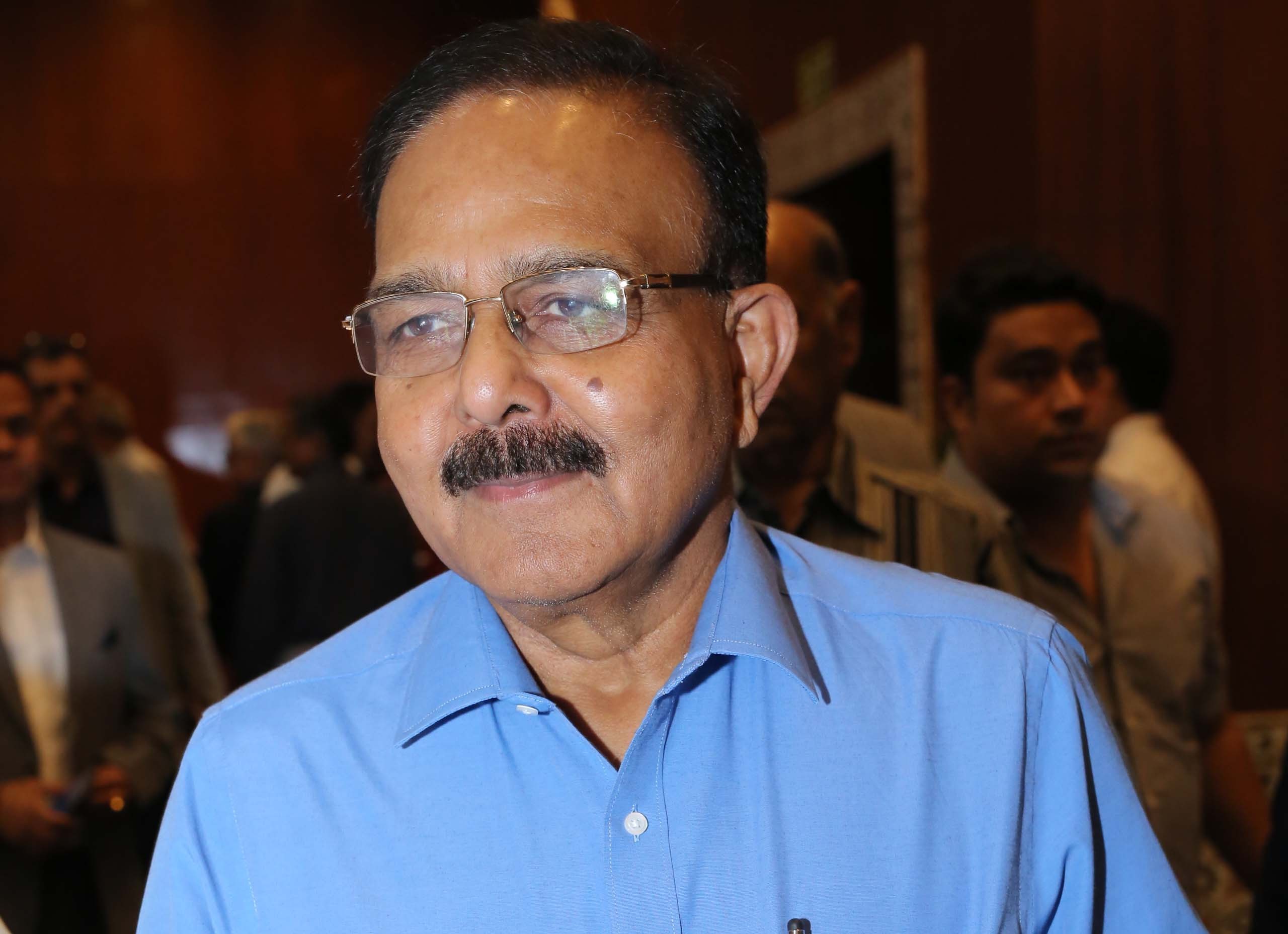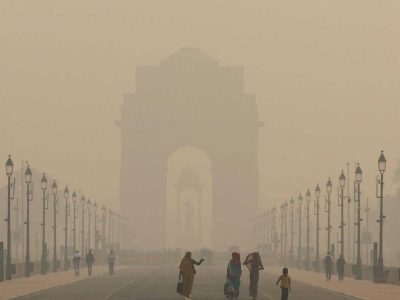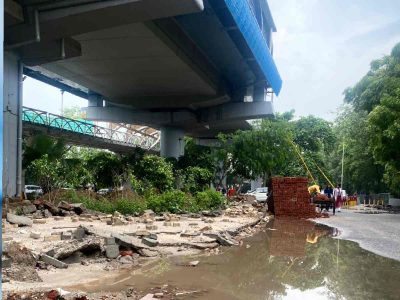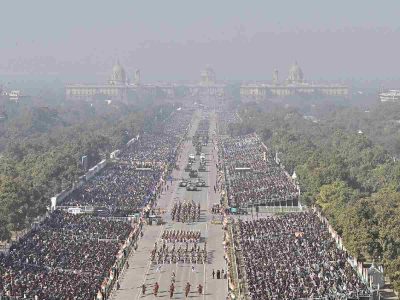Encounters are back in news after Pradeep Sharma, the notorious encounter specialist of Mumbai with a strike rate of minimum 113 kills, was sentenced to life imprisonment last week.
Though he had killed Lakhan Bhaiya, a member of the Abu Salem gang, in 2006, we still don’t know whether we have heard the last of this because the judgment has come from the Bombay High Court. A lower court had earlier refused to punish him.
Mumbai has always been in the news for such encounters but this is the first time an encounter specialist has been awarded a life term.
Sharma was only following the tradition set by officers like Daya Nayak, Valentine D’Souza, Ravindra Nath Angre, Praful Bhosale, Vijay Salaskar, Shivaji Kalekar and Sachin Vaze who have become cult figures.
Actually, this culture has been rampant in several states in India, gaining acceptance among the public as encounters are related to insurgency, secessionism and territorial integrity of the country in states like Punjab, Kashmir and some states of the North East as well as Naxalite areas.
Delhi too has had its fair share of encounter stories but not to the extent of Mumbai probably because the financial capital has stakes of dreaded mafia gangs led by Dawood Ibrahim and Abu Salem and lesser players.
Their names have been in circulation for financing films and murders, including that of Gulshan Kumar, the owner of T Series.
In an exclusive interview with Patriot about this phenomenon or lack of it in Delhi, ex-super cop Amod K Kanth says outrightly that encounters, fake or otherwise, are illegal and have no place in modern society.
Having been in charge of police operations in Delhi during the eighties which saw the peak of terrorism that led to the assassination of then Prime Minister Indira Gandhi, followed by anti-Sikh riots and transistor bombs, killing 80 people and seriously injuring 130 others; as well as investigating the Rajiv Gandhi assassination in his tenure with the CBI, few are better qualified than him to talk about police investigations sans encounters.
He says, “The state has armed itself with sufficient power under the Defence of India Act, MISA, TADA, Public Safety Act and the UAPA. Under these laws, the police can keep the accused in unlawful custody and sometimes, these also lead to fake encounters, majority of which amount to deaths or culpable homicide.”
Asked about Shahida Parveen, a Deputy Superintendent of Police (DSP) from Jammu and Kashmir known as encounter specialist in the nineties, who boasted of one encounter per day during her five-year tenure, he said, “Some people like to take vicarious pleasure boasting of their bravado, but it only reflects their incompetence in investigations.
“Let me remind you that during my posting as Director General of Police (DGP) in Arunachal Pradesh, some businessmen were being threatened by terrorists from neighbouring Nagaland. But we managed to tackle the situation with active support from para military forces without the need to resort to fake encounters,” he said.
Who can forget the Rajiv Gandhi assassination which he was assigned during his tenure with the CBI?
Talking about it with some pride, Kanth recalls, “It was almost a blind case with supporters of LTTE in Tamil Nadu taking active roles, but we had located all the terrorists within a week. We managed to round up all the supporters from Tamil Nadu and Karnataka, and not one was killed in encounter. Yes, some of them did commit suicide by consuming cyanide while they were being searched but despite such setbacks, we did manage to get hold of the mastermind, the one-eyed Jack Raghuranjan. Our successful operations led to the conviction of the terror gang for 20-year term in jail.”
As far as terrorism in Delhi and Punjab is concerned, identifying the most dreaded gang of Harjinder Singh Jinda and Sukhdev Singh alias Sukha for the assassination of Lalit Maken (MP), Arjun Das (Councillor) and General AS Vaidya involved so much of movement, but he managed to catch them through a proper and thorough investigation.
Talking about the days of 1984-85, he recalls, “The 1980s was a time when there were hundreds of cases of terrorists involved in assassinations and bomb blasts, and at least 100 were arrested. But there was not a single case of encounter resulting in death. We followed the legal system resulting in successful convictions.”
There were times when he had to wrack his brain to crack a case because the accused was too tough.
In one such case, he knew that the accused Mohinder Singh Narang, who was responsible for planting transistor bombs, was a victim of the 1984 riots. Kanth, however, managed to convince his religious mother to tell her son to surrender.
In the case of David Hall, an associate of Charles Sobhraj, he broke him down emotionally in the name of his wife Maria and finally David Hall begged Kanth to protect his wife from the devil incarnate Charles Sobhraj.
“False encounters actually damage the case beyond repair because then every finding is looked up with suspicion. In my scheme of things, any investigation has to be a process to bring justice to the victim and for that, it has to be beyond suspicion,” he concludes.





